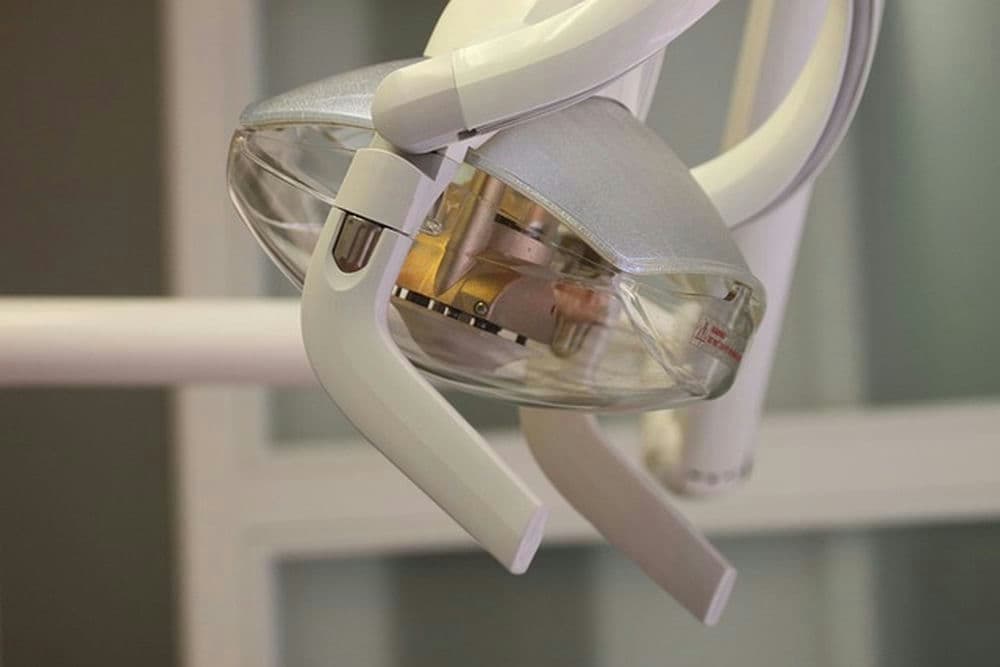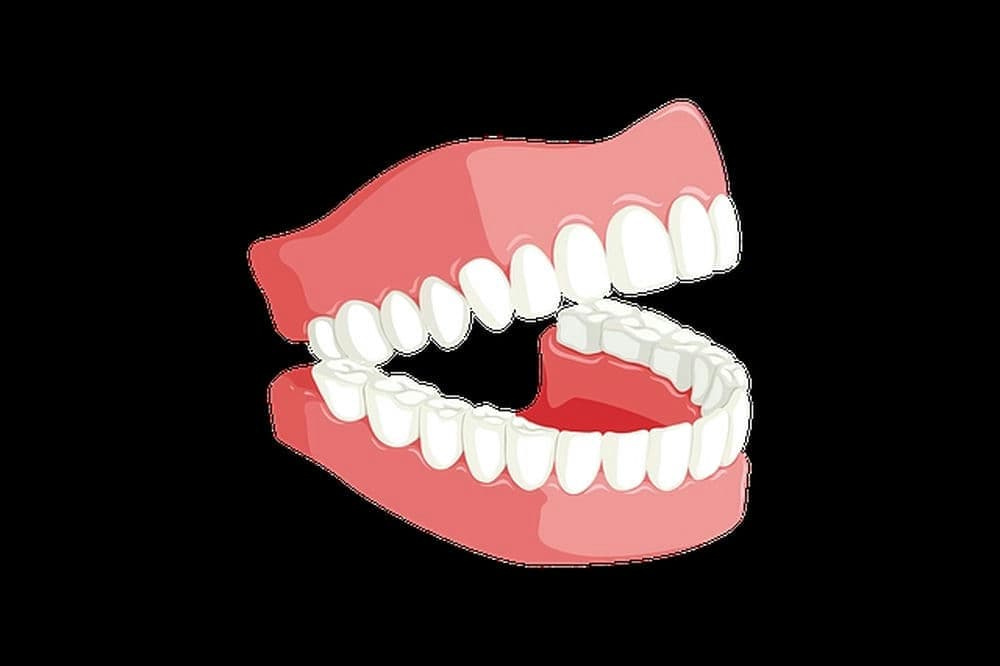Pages
full mouth dental implants cost
2/4/2023

If the bone fails to fuse sufficiently, the implant is got rid of, the bone is cleaned up, and you may try the procedure again in about three months. You may help your dental work — and last natural teeth — last longer if you:Practice remarkable oral hygiene. Just as with your herbal teeth, keep implants, synthetic teeth and gum tissue clean. Specially designed brushes, equivalent to an interdental brush that slides between teeth, can help clean the nooks and crannies around teeth, gums and metal posts. See your dentist consistently. Schedule dental checkups to ensure the health and correct functioning of your implants and follow the recommendation for professional cleanings.
They’ll widen the opening until it’s just the right diameter on your new dental implant. Place the dental implant. Next, your physician will carefully place the dental implant into your jaw. Close the incisions. Finally, your health care professional will reposition your gums and shut the incision with stitches. The steps for dental implant placement are commonly a similar for everybody. But now and again, a health care professional can place a dental implant and healing (like a crown or bridge) all in one visit. Most of the time, however, you’ll need a few months for the implant to heal before your dentist can safely place a final recovery. In these cases, your dentist can make a brief (usually removable) recovery that you can wear in the course of the curative phase. What happens after dental implant placement?Your physician will give you an in depth list of postoperative commands. They’ll also prescribe antibiotics to steer clear of an infection.
whole mouth dental implants
1/9/2023

Most of the time, each crown is attached to its own dental implant. However, as a result of implants are above all strong, a couple of teeth can get replaced by one implant in the event that they're bridged together. After the procedureWhether you have got dental implant surgery in one stage or distinctive stages, you may adventure probably the most standard discomforts associated with any type of dental surgery, comparable to:Swelling of your gums and faceBruising of your skin and gumsPain at the implant siteMinor bleedingYou may need pain medications or antibiotics after dental implant surgery. If swelling, pain or some other problem gets worse in the days after surgical procedure, touch your oral healthcare professional. After each stage of surgical procedure, you may need to eat soft foods while the surgical site heals. Typically, your physician will use stitches that dissolve on their own.
Who might need dental implants?People who have one or more missing teeth can advantage from dental implants. You might need a dental implant when you have tooth loss due to:Cavities (tooth decay). Tooth root fracture. Bruxism (clenching or grinding your teeth). Gum disease. Facial injury. Congenitally missing teeth (you were born without sure teeth). How should I prepare for a dental implant?Before the dental implant manner, be sure to:Give your dentist a present list of drugs and dietary supplements you're taking. It’s critical to tell your dentist if you’re taking a blood thinner (anticoagulant). Your dentist will decide in coordination together with your primary care carrier even if you need to stop taking any medications before your implant process. Make sure that you simply’ve seen your basic care service lately for a checkup and blood work to ensure that there aren’t any situations that might intervene with implant fulfillment.
best dental implants near me
1/20/2023

It’s essential to tell your dentist if you’re taking a blood thinner (anticoagulant). Your dentist will decide in coordination along with your fundamental care service even if you need to stop taking any medications before your implant technique. Make sure that you just’ve seen your primary care provider recently for a checkup and blood work to be sure that there aren’t any conditions that would interfere with implant success. Talk in your dentist about sedation alternatives. Most surgeons offer sedative drugs that let you relax during your dental implant surgery. If you intend on having sedation, organize for a depended on friend or friend to drive you home after your manner.
Dentures often must be kept in the mouth by using a dental adhesive. This now and again calls for re-glues after meals. An implant-supported denture requires no adhesive. Dentures have to be removed for cleaning. With the exception of a removable implant-retained denture, your implant-supported repair can be cared for by brushing and flossing. Dentures cover the roof of the mouth. With implants, there’s not anything masking the roof of your mouth to intrude together with your sense of taste or other normal actions. Implant-supported dentures can also be fabricated with no palate. Dentures can slip out while eating or speaking. Implants and implant-supported dentures are securely anchored and won’t slip out. It’s hard to chew with dentures and also you can’t eat a large number of food you like or need.
mini dental implants cost near me
1/17/2023

These range from a single implant to carry one tooth, to varied implants that hold a few teeth, even full arches in some cases. Single dental implantSingle implant videoPlayIf you might be missing a single tooth, then a dental implant is the closest thing to the common tooth for you to get. It offers a natural look and will not move while you eat allowing you to chew and eat the foods you usually have loved. A single titanium screw is placed on your jaw bone on to which a false tooth is then placed. Multiple dental implantsDental implants aren't only used to substitute single teeth and might also be used to substitute assorted lacking teeth, and in some cases be used to retain a full set of dentures. Dental implant bridge videoPlayDental implant bridgeUnlike a conventional bridge a dental implant bridge uses two or more implants to carry 3 or more teeth in place, and means that surrounding healthy teeth aren't sacrificed to retain the bridge in place.
We then cannot use them. This risk is higher for some people, adding folks that smoke. The dental team tells you if they think that the chance is higher than normal for you. Parts of your implant can loosen or wear out with time. This can lead to the implant not working if the problem is not handled easily. You are guilty for the long run care of your implants.